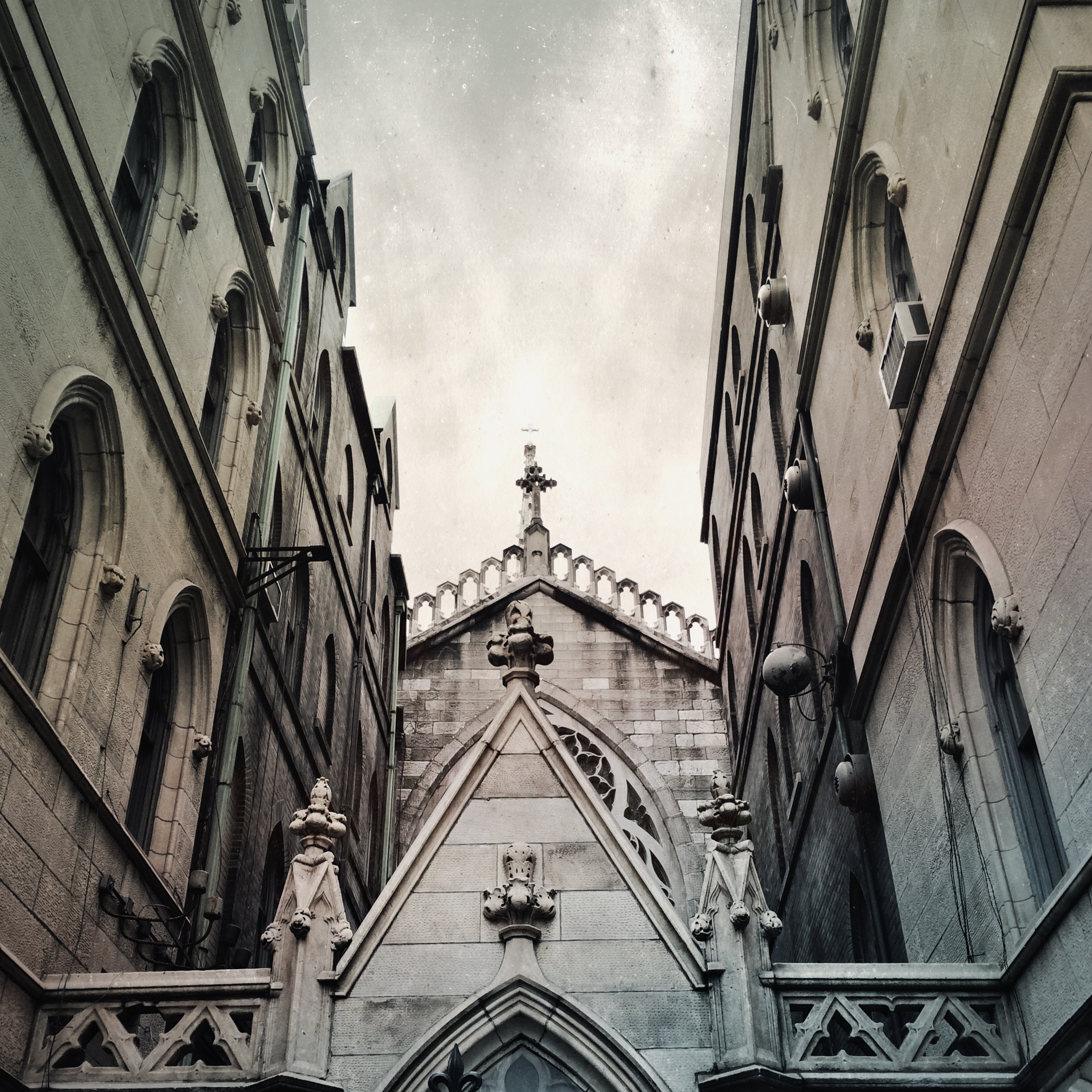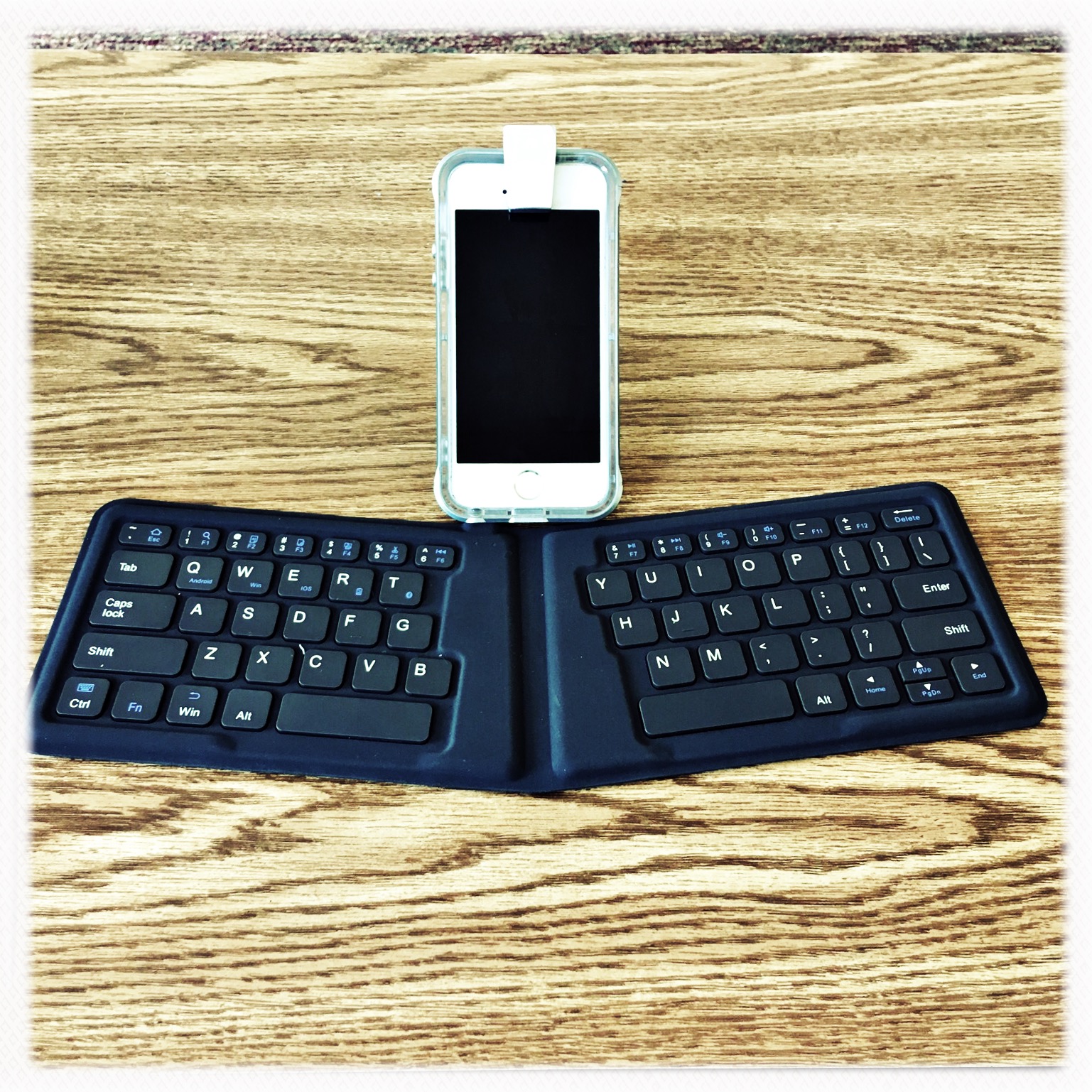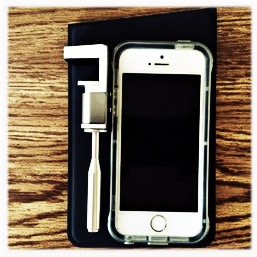The comment that the pulp writers were paid 1¢ per word came up again recently. Writer’s, it would seem, haven’t had a raise in years.
So, I was curious. What did things look like then?
Some Numbers
I couldn’t find exact numbers for Weird Tales, though there is a comment that their circulation never got to 50,000 copies per issue.[1] Still, for a monthly magazine, even if we assumed 35,000 copies, that’s pretty good by today’s standards.
In the 1920’s, Amazing Stories had a circulation of 150,000 copies per issue.[2]
It sold for 25¢ per issue, so that is $450,000 a year coming in to cover print, overhead, distribution costs… and paying writers.
And it wasn’t nearly the top dog.
Argosy, one of the first pulps had by 1907 a circulation of 500,000 per issue.
PER. FUCKING. ISSUE.
To put that in perspective. TIME magazine had a distribution of 3.4 million in 2010, which is ~65,000 per issue[3].
Time is the second only to People for weekly circulation.
Reader’s Digest has 5.5 million in 2010, but was only 10 times a year. 550,000 per issue.[4]
Which puts us at Argosy numbers… but it publishes little fiction.
The first Harry Potter book, which is one of the best selling books of ALL TIME sold 107,000,000[5] copies.
Let’s look at some of the genre mags. I found some 2012 numbers[6] for the big three:
- Asimov’s Science Fiction: 25,025
- Analog Science Fiction and Fact: 27,803
- The Magazine of Fantasy and Science Fiction: 11,510
On Apex’s site they post these numbers[7] for page views:
TRAFFIC
- Average Monthly Page Views — 35,500
- Average Monthly Site Visits — 20,000
- Average Monthly Unique Users — 12,500
Let’s say half of those users buy an issue, which is an ABSURD conversion rate, that puts it at ~6300 subscribers per issue, which is a fucking crime.
Apex is amazing, and deserves Argosy numbers.
Now, to be clear, those are page views, not sales. This is a guess on my part, and does not in any way reflect the actual sales of the Apex. We are taking comparisons here.
Now, let’s look. 1¢ per word in 1926, which is when Amazing Stories started, is about 14¢ now[8].
That would mean that pro-rates of 6¢ a word are not equal to pulp rates of the 1920’s. Pro-rate would be closer to 70¢ per word.
So. Let’s see, 70¢ per word, 30,000 words of fiction per issue, is $21,000 per issue in cost. At $10 an issue, assuming 50% production cost, that’s 4,200 copies you’d need to sell.
Except $10 gets me a 90,000 word novel, and change left over. Hell, if I play my sales and coupons right, I can get two.
BTW, if you use CreateSpace to distribute your title on Amazon, you don’t get 5$ per issue, you get $3.85[9]… Which means you need to sell 5,500 just to cover the cost of the writers. You’ll need to sell more for your editors, cover artist, layout, etc.
To get that $5, you’re charging closer to $13 per issue.
Kindle takes 30% (if you are above $2 per book…), so $3 per copy of your mag, 50% split, means to get that $21,000 you have to sell 21,000 copies. Bump that to $5 per issue, you still need to move 12,000 copies per issue to make that back.
25¢ in 1926 for that copy of Amazing Stories is $3.40 now.
Having fun yet?
What has happened?
Value has changed, but the cost of living has not stopped rising. There are many, many more options for readers, which has diluted that money across the publications.
And, they are competing with movies, music, video games, and the countless things to do for FREE on the internet.
The money is drying up. Money is being spread around. There is so much noise vying for our attention.
Should we charge more for books? Should ebooks start at $10? paperbacks at $25?
Right now the costs of books are low, with ebooks helping keep the cost down in the sub-$5 range.
Publishing is a numbers game. If I can sell 10X more books at 1/2 the cost, I’ll do better. If I can only sell 2X the books at 1/2 the cost, it is better to stay at the price I am at.
That sweet spot for book prices has remained in the $5 range for ebooks, $10 for print.
The typical American has read 4 books in the last twelve months. That’s a median number, meaning half of American read more than that, but half read less[10].
The 2013 numbers of titles published in the US was about 300,000[11]. That is 300,000 books. So, if the average American bought 4, AND all 4 of those were just published in that year, that means each title would sell about 40.
Sold more than 40? someone else sold less. Which doesn’t take into account the book titles from the previous 1,000 or so years we’ve been making books, and the 10,000 or so previous years we’ve been making art.
In other words, there is a cap on the market, even taking into account errors in my very simple math.
As writers, what do we do?
If we demanded 50¢ per word for pro, and 20¢ per word for pulp rates, it would have dual effects. More markets would go under, consolidating, for sure. But with few markets, few voices are being published. Publishers would be less likely to take chances when 30,000 copies need to move just to break even.
If you raise the price of books, fewer people will purchase them. It is not like the American worker has gotten a raise in 30 years either.
Then what? WHAT?
What do we do?
I don’t know.
The answer may be something different. Patreon. Kickstarter. The audience decides what gets made. Maybe the idea the artist can do what they want and get paid for it is flawed. Maybe the idea the audience was going to pay for it in the first place is flawed. Ads aren’t the answer, they are duct tape on a cracked hull.
Consolidation is part of the answer, perhaps. Fewer markets mean more readers per market. But then less opportunity, fewer spots for fewer writers, more voices being lost because publishers can’t afford to take chances on new writers.
Maybe the idea that books should be cheep is the problem. Maybe they should be several times more expensive. Maybe the opposite. Maybe they should be free. And we make money some other way. Bake sales. Swag. Selfies with readers.
More data is needed. I’d love to get my hands on the sales numbers of anthologies put out by the big 5. Or the Year’s Best books. Then again, if an antho moved 15k copies a month it would be a national best seller. More information on world-wide sales as well would give a better understanding of everything.
Maybe the format is wrong. Maybe “magazine” is the dirty word. The idea that short stories should be collected, bound, and put under a cover could be the shift. Already we are seeing apps fill some of these roles, to try a different way to connect writer and reader. Are we short changing things by being bound by the idea of ‘book’?
Maybe short stories just don’t have an audience, and novels, series and longer pieces are where publishing will survive. Short stories are the teaser trailer for your other work.
Because in the end, if the money isn’t coming in, that is going to drive what is available. You need to sell 50 5,000 word stories at pro-rates (6¢ per word) to make minimum wage. Publishers need to sell enough copies to support that, and in return purchase more stories. And none of this gets into the advertising budgets needed to get those sale numbers, or paying your editors and artists.
It is all tied together, all of it. And if that market isn’t there…
What do we do?
We do what we always do. We write. We publish. We do our best.
- http://lovecraft.wikia.com/wiki/Weird_Tales ↩
- https://en.wikipedia.org/wiki/Amazing_Stories ↩
- https://en.wikipedia.org/wiki/Time_(magazine)#Circulation ↩
- https://en.wikipedia.org/wiki/Reader%27s_Digest ↩
- https://en.wikipedia.org/wiki/List_of_best-selling_books ↩
- https://www.sfsite.com/fsf/blog/forum/topic.php?id=1170071 ↩
- http://www.apex-magazine.com/advertising/ ↩
- http://www.saving.org/inflation/inflation.php?amount=1&year=1926 ↩
- https://www.createspace.com/Products/Book/ ↩
- http://www.pewinternet.org/2016/09/01/book-reading–2016/ ↩
- https://en.wikipedia.org/wiki/Books_published_per_country_per_year ↩


